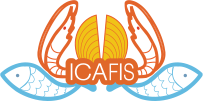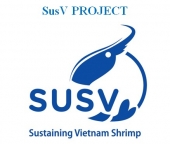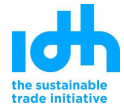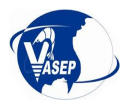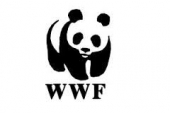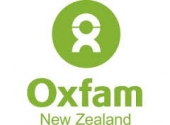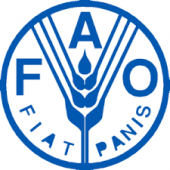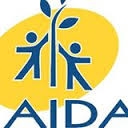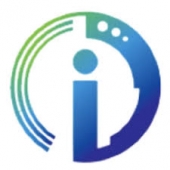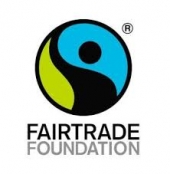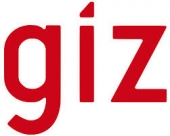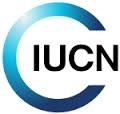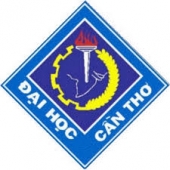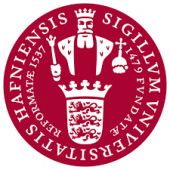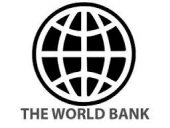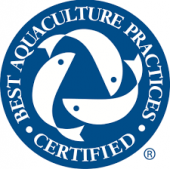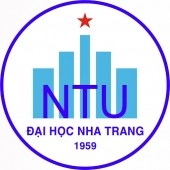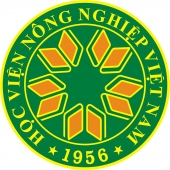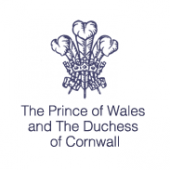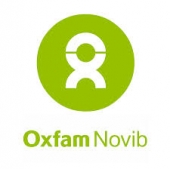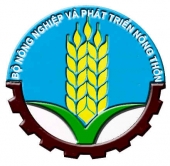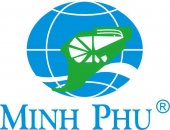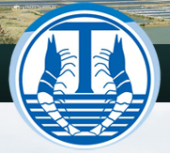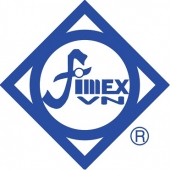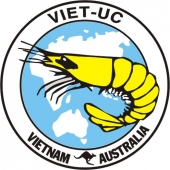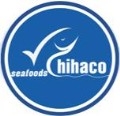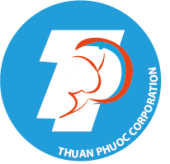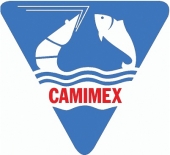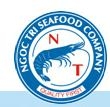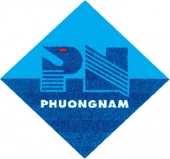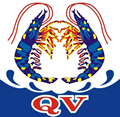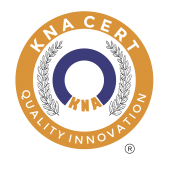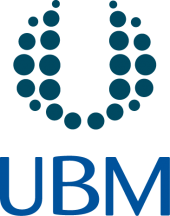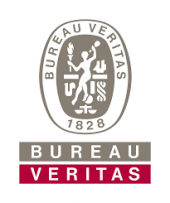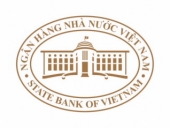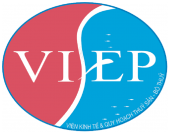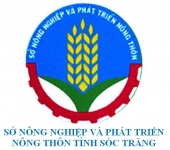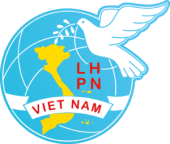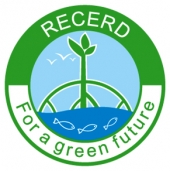On 10-18 July 2016, SusV team and Vietnam Institute of Fisheries Economics and Planning (VIFEP) have implemented baseline study of project “Sustainable & Equitable Shrimp Production and Value Chain Development in Vietnam – SusV”.
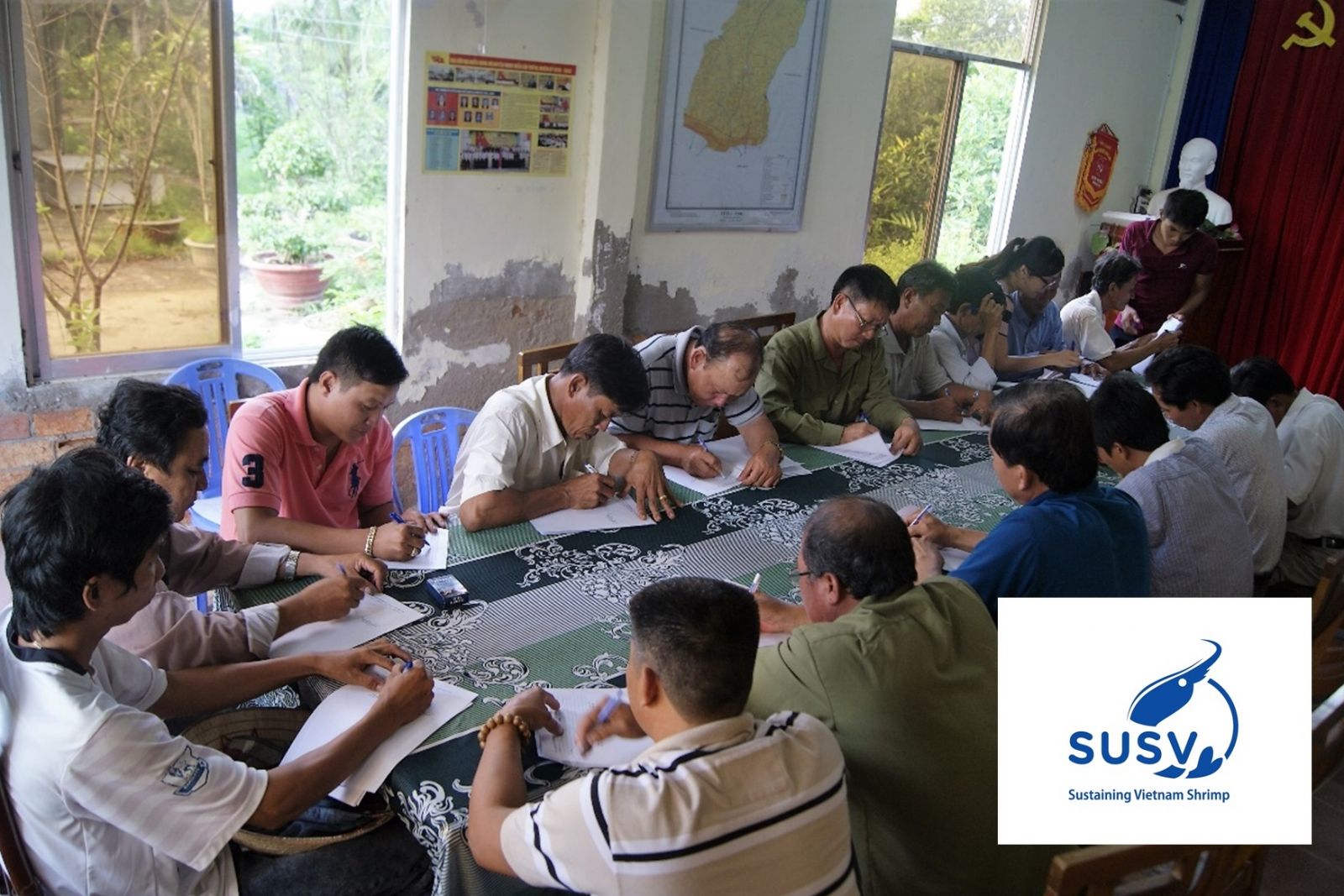
Sustainable & Equitable Shrimp Production and Value Chain Development in Vietnam – SusV is a 4 years project (2016 – 2020) funded by EU under SWITCH Asia Programme. The project is implementing by International Collaborating Centre for Aquaculture and Fisheries Sustainability – ICAFIS and OXFAM Vietnam, the project is implemented in Soc Trang, Bac Lieu and Ca Mau provinces. The project aims to improve access to financial resources, production efficiency, empower small-scale farmers, and advocate for application of sustainable production criteria in government’s value chain credit policy.
The Project apply a multi-stakeholder approach (including public, private, NGOs and civil society stakeholders) for the development of the shrimp value chain through the application of sustainable standards, improved production efficiencies as well as facilitating effective access to finance. The Project specifically aims to reduce negative impacts on biodiversity and water sources. In addition, it will increase resources efficiency (water, energy and feed), ensure sustainable livelihoods and improve the economic condition of SME shrimp processor and small scale shrimp producers especially women. At the same time, through responsible standards compliance, the Project improves labour and working conditions, especially for female workers.
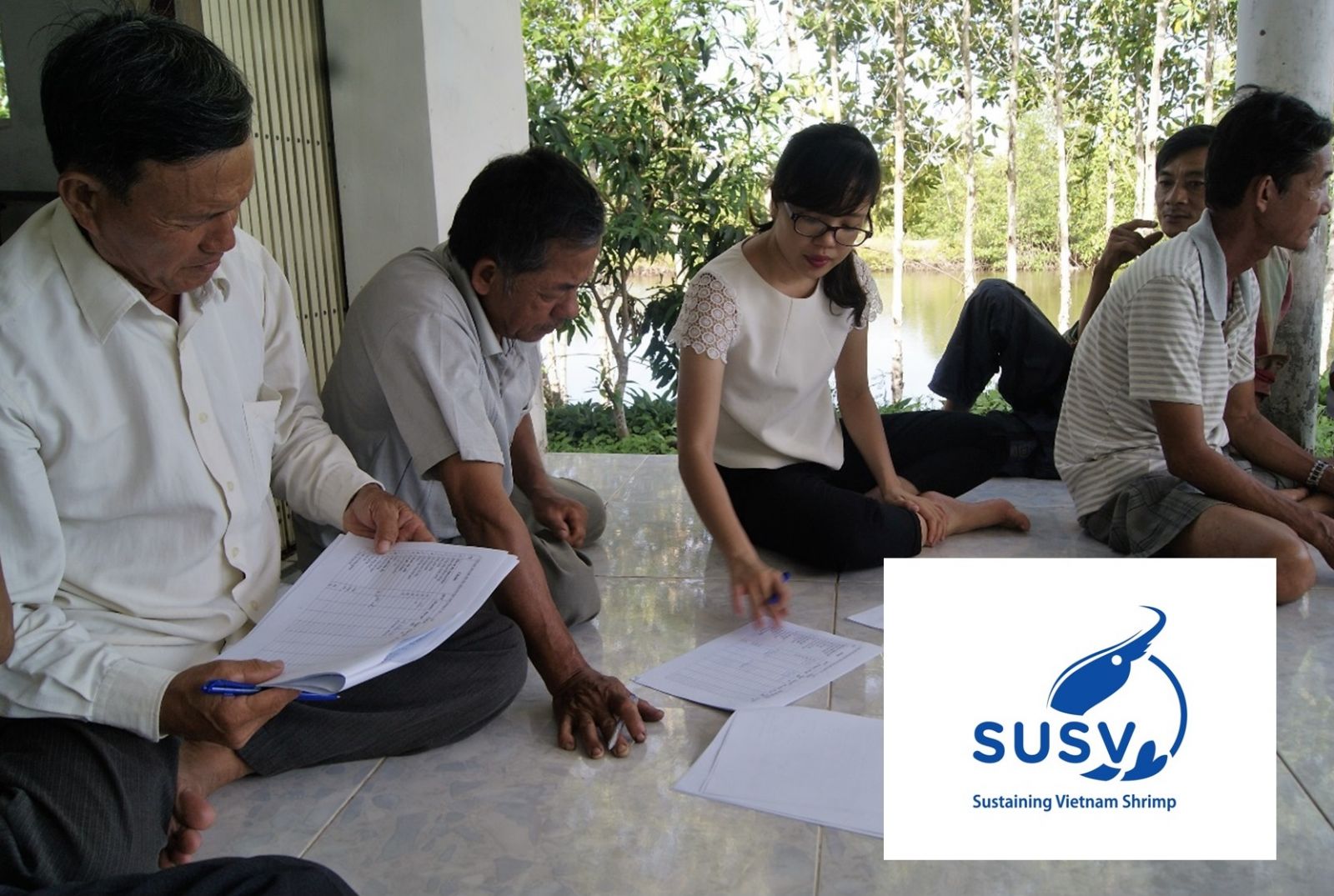
From 10 to18 July 2016, SusV and VIFEP have conducted baseline survey in Soc Trang, Bac Lieu and Ca Mau province. The primary aim of the study is to collect baseline data against the project monitoring/evaluation criteria and and find solutions to the impact, promotion of the project.
In this study, SusV team and VIFEP have worked and consulted with local authorities, fisheries departments, seafood companies, feeding/seeding companies, collectors/middle-mans, input providers, commecial banks in Mekong Delta; NGOs; fisheries experts and small-scale producers in Soc Trang, Bac Lieu and Ca Mau provinces. Key approaches and tools used in the study are: structured interviews, semi-structured interviews, in-depth interviews, group focus discussion, gender analysis with GALS/WOMAN tools and stakeholders consultation meeting…
After working on field, the consultant team will analyze the collected data for the baseline report.
The Dien - ICAFIS
